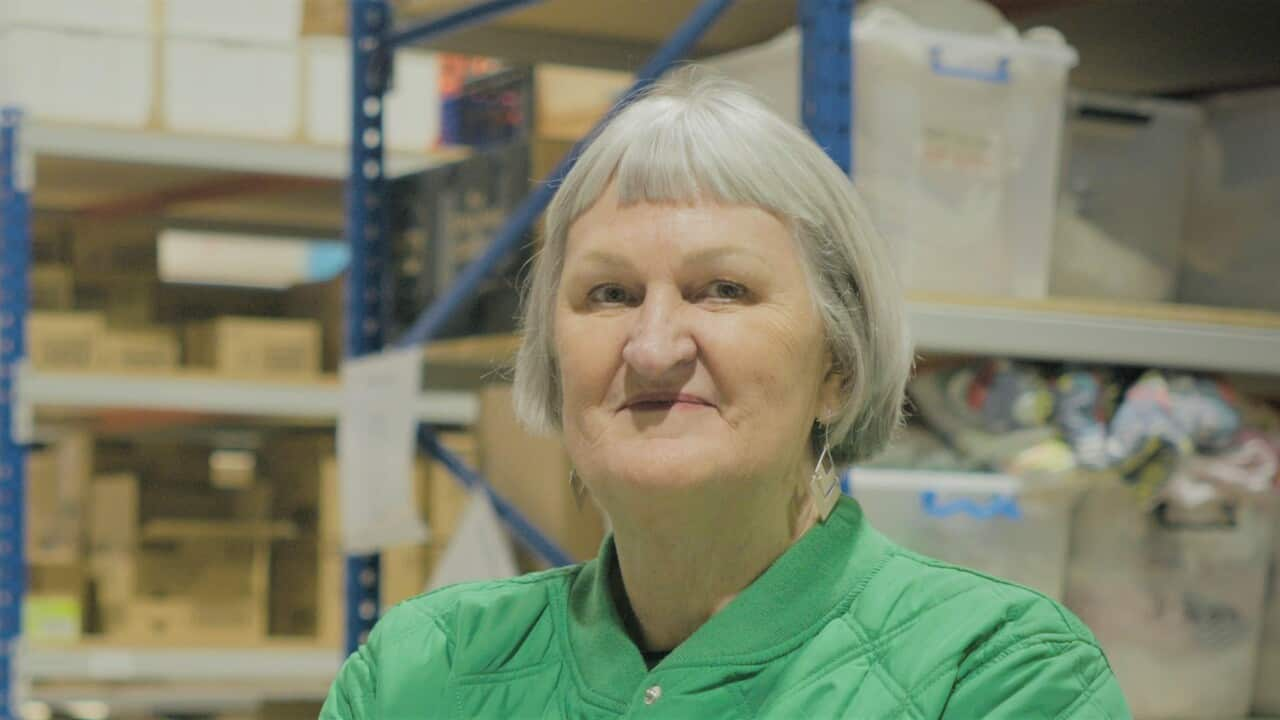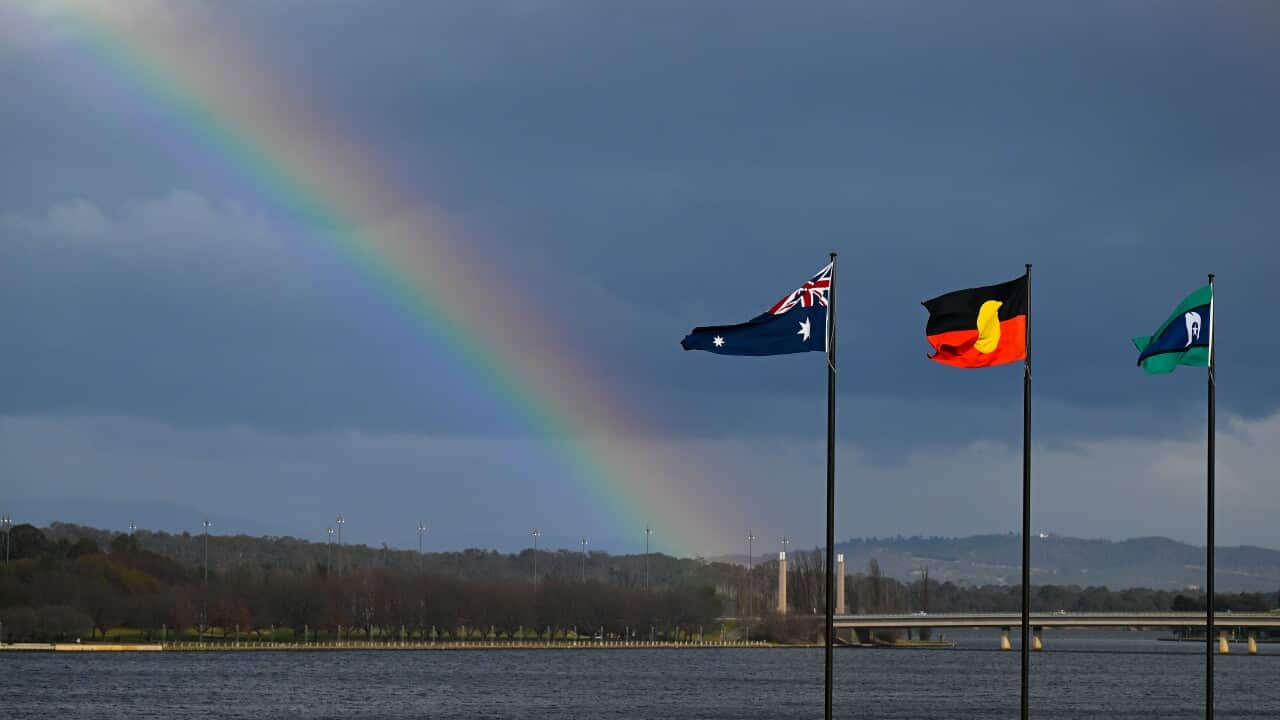TRANSCRIPT
Tiff is a trans man from Malaysia, who moved to Australia seeking a better life. The 44-year-old had struggled to find acceptance growing up in a conservative and mainly Muslim area in Malaysia’s east.
“As a LGBTQIA+ trans person, we don't have much freedom, you have to be hiding all the time. You cannot explore your identity and your gender. When I little kid as act like a boy, the tomboy actually, I, I born like that and I had to hide myself, I had to hide in for 30 year. I cannot even sharing with my family or my friend because this thing is too sensitive in Malaysia. I have to keep silent and keep for myself until I come to Australia and to be free.”
However, like many asylum seekers, Tiff says resettling in Melbourne has NOT been easy.
“My life, not stable. A lot thing not stable and you have to, keep moving around in Melbourne.”
Struggling to survive with little work during the pandemic, Tiff says a referral to not-for-profit West Welcome Wagon, which supports refugees and asylum seekers, was life changing
“Without West Welcome Wagon I would not be here because I would not be able put food on my table and without a West Welcome Wagon, we don't have a clothing, we don't have bed to sleep, maybe, sleep on the street.”
The not-for-profit is based at Sunshine in Melbourne’s west and for almost a decade has helped refugees and asylum seekers settle in, by supplying families with household essentials. CEO Colette McInerney explains:
“In our 10 years of operation, we've supported over 2,100 households delivering over 42,000 items to those households.”
However this year, like many charities and not-for-profits in Australia, Ms McInerney says a shortage of donated goods means the service is straining to meet soaring requests for help.
“We've had an increase in demand in July alone of 60% compared to the same period last year. There's been a huge increase in demand from newly arrived people from Myanmar in particular. So we have 60 new families, you know, adding to our database. So we were sitting at around 700 active households that's gonna bump up.”
It’s a nationwide issue, with many charities feeling the pinch. Ms McInerney says donations of clothing and whitegoods have fallen - while operating costs continue to rise.
“We are stuck in the middle of that sandwich. Our operating costs annually are around $500,000. So we have our warehouse costs, our fuel costs, we have insurances, and all of all of those utilities, we have four paid staff. And, today we've got an empty section of the warehouse where, where our fridges were. So as soon as they come in, they go out. So it's difficult.”
The federal government has lifted the refugee intake this year to 20,000, responding to a global humanitarian crisis - with 100 million people forcibly displaced worldwide.
Sue Woodward, commissioner at the Australian Charities and Not-for-Profits Commission says despite a small increase in gifts and bequests last financial year, the
“They need both the funding and in some cases they need the material goods to distribute and then they need the staff and the admin support behind that in order to deliver their services. So, it can be a very complex situation. If your demands really skyrocketing and your expenses are skyrocketing, and particularly I think for this very small, charities often feel the crunch the most because they don't necessarily have reserves that they can be drawing on.”
West Welcome Wagon is exploring new ways to bring in revenue – such as starting a social enterprise to earn income from recycling unwanted goods. It has already diverted 60 tonnes from landfill this year, backed by Sustainability Victoria. Interim CEO Matt Genever explains:
“In the last financial year alone, 12,000 goods have been, uh, diverted from landfill. So, a huge achievement punching above its weight. With our $191,000 grant, West Welcome Wagon has been able to employ a community engagement officer to go out and speak to hundreds of businesses across Melbourne and identify where there's surplus goods or opportunities to, to, to put really high quality things into the hands of, of refugees and asylum seekers. And whilst this is doing fantastic work at local level here in Melbourne, there is no doubt that there's opportunities for these models to be scaled all across Australia.”
Even so, West Welcome Wagon’s Ms McInerney says the service faces an uncertain future and more support is crucial.
“That grant concludes in May next year, and we don't have another grant to, to replace that. So, we're in a really, you know, difficult situation where we desperately need funding to keep our operations running.”
Tiff is among West Welcome Wagon recipients who now volunteer – giving back is his way to show thanks and support others going through tough times.
“West Welcome Wagon is like my home. They give generous kind heart to help asylum seeker people and refugee people. They come from Cambodia, Myanmar, other country, and the more people know about this thing, the more people can get help.”













